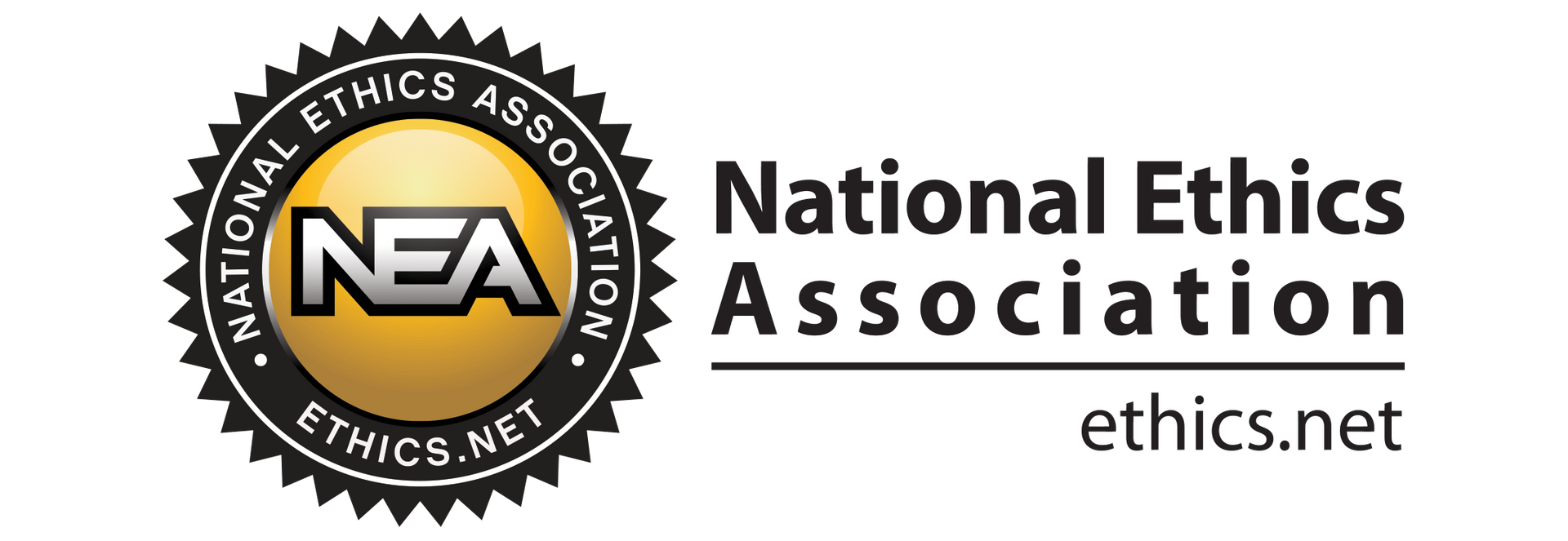A Disability Insurance Primer
Should you have disability insurance?
A sobering statistic from the Social Security Administration (SSA) might be helpful: the SSA reports that a 20-year-old has a more than one-in-four chance of becoming disabled before reaching retirement. Social Security Disability Insurance (SSDI) is part of the social security tax you pay each year that you work. But it is difficult to qualify for, and even the SSA describes the payouts as “modest.”
Many employers cover some amount of short-term disability, but longer periods or a permanent disability typically require additional coverage. If you are self-employed or a professional with specialized training or education, such as a doctor or lawyer, getting the right disability insurance in place should be a part of our overall risk management plan.
What does Disability Insurance Cover?
The nomenclature of disability insurance may be misleading. While homeowner’s insurance protects houses from various types of damages and violent weather, and auto insurance covers automobiles, disability insurance does not directly cover the costs associated with the disability. Instead, disability insurance’s purpose is to provide a percentage of an employee’s income when they are disabled and cannot resume their normal responsibilities. For this reason, it’s often called disability income insurance.
Short-Term Disability Plans
Most disabilities are temporary and sideline workers for less than a year. A short-term disability plan’s function is to replace income for brief periods during recuperation from injury or illness. The plans are typically obtained as part of an overall employer insurance benefits package. The plans are either mandatory and paid by the employer, or voluntary and employees pick up the tab. These plans typically provide benefits for three to six months.
Long-Term Disability Plans
For disabilities that are more acute, severe, longer lasting, or even permanent, long-term disability insurance is the preferred option. These plans feature benefits designated to last for a year or longer. Unlike short-term disability insurance that most people receive through their employer, long-term disability is usually purchased as an individual insurance policy. Most commonly, the plans are preferred by business owners and higher-income professionals who worry about the impact on their lifestyles if they can no longer work or operate their businesses.
Making Up for Employers’ Benefits
Most employees can rely on their company’s short-term disability insurance if they are injured or sustain an incapacitating health emergency such as a stroke or heart attack. However, these corporate plans are usually not overly generous. They typically replace up to 60% of the employee’s salary for about three to six months, and the employee will owe taxes on the payments.
Another problem is that the policies only cover employees. If the employee must quit the job due to a severe disability, they forfeit the benefit.
Adding Disability Insurance to the Business Owner’s Toolkit
Disability insurance is crucial for self-employed workers because it’s a lifeline for obtaining income and assists in paying monthly business expenses.
Business owners who want to obtain disability insurance must provide tax returns from the previous two years to confirm income. Depending on the business and the cash flow situation, it may make sense to pay a higher monthly premium to reduce the elimination period or the waiting time before receiving insurance payments.
Own-Occupation vs Any Occupation Definitions of Disability
Long-term disability policies distinguish between own-occupation or any-occupation benefits. These definitions address if an injury or illness prevents a worker from performing their specific occupation, but the employee may still practice another type of work. For example, a debilitating foot injury would prevent an employee from performing tasks that require mobility, but they still may be able to succeed at a desk job in the same company with appropriate training. In these cases, an any-occupation policy will suffice because the employee can return to work without a significant loss of income.
However, professionals with specialized skills and training—physicians, dentists, lawyers, and independent business owners—require more comprehensive disability insurance plans or own-occupation plans. For example, a surgeon who develops arthritis and cannot work will suffer a significant loss of income, even though they may be able to do other types of work.
Long-term disability insurance with the own-occupation definition of disability disburses a benefit if the professional can no longer perform their regular occupation. Since these plans are more comprehensive than any-occupation policies, they are generally more expensive. Most insurance companies offer different own-occupation policies to tailor benefits more closely in a cost-effective way, depending on the needs of the particular professional.
The Bottom Line
Disability insurance can be expensive – the Council for Disability Awareness reports that a comprehensive policy may cost between 1%-3% of your annual salary, depending on your benefit amount and period, policy features and options, plus other factors such as age and health.
But for business owners, those in specialized professions, or high-earners with a significant amount of income to protect, making a disability policy part of your financial planning may make sense.
Disclaimer:
The information contained herein is intended to be used for educational purposes only and is not exhaustive. Diversification and/or any strategy that may be discussed does not guarantee against investment losses but are intended to help manage risk and return. If applicable, historical discussions and/or opinions are not predictive of future events. The content is presented in good faith and has been drawn from sources believed to be reliable. The content is not intended to be legal, tax or financial advice. Please consult a legal, tax or financial professional for information specific to your individual situation.




